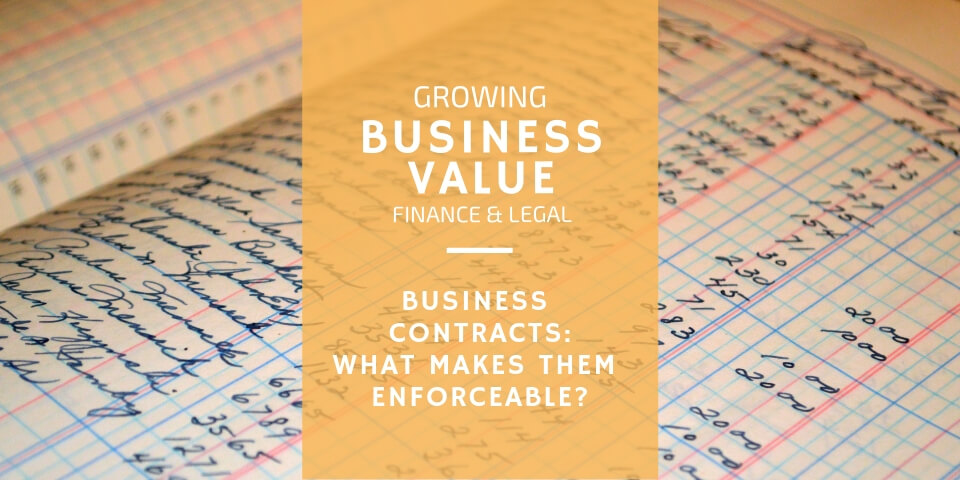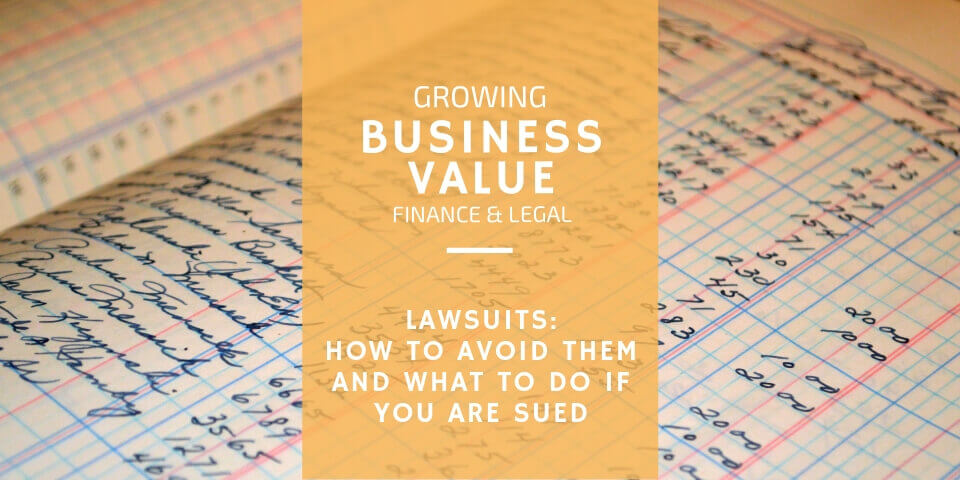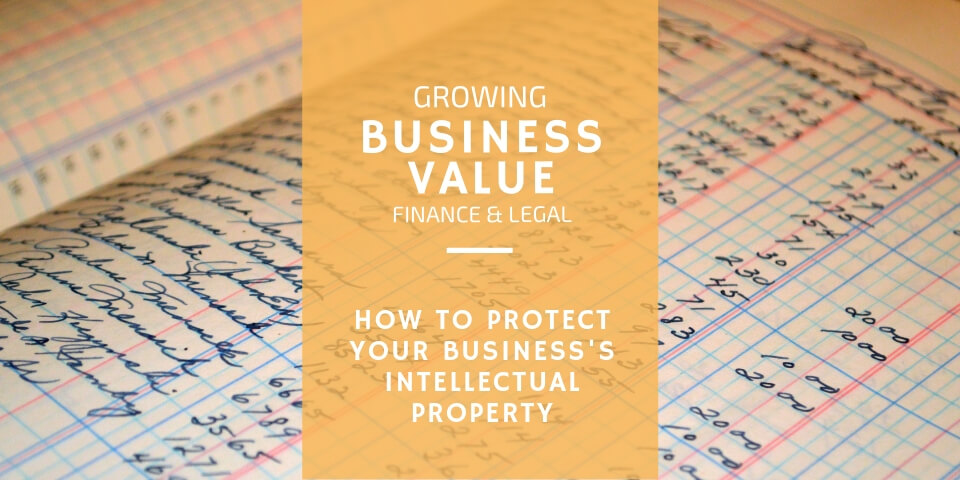
Business Contracts 101 – What Makes Them Valid & Enforceable?
April 8, 2019
How to Avoid Lawsuits and What to Do if Your Business is Sued
April 16, 2019How to Protect Your Business’s Intellectual Property

If you own a business, you own some type of intellectual property. At the very least, you have a copyrighted brand or a trademarked product. Perhaps you’ve invented the cure for cancer, or you’ve developed a secret formula for the world’s best barbeque sauce. No matter what you’ve invented or created, you need to take certain steps to protect your business’s intellectual property. The more proactive you are about securing your intellectual property, the better chance you have of keeping it from your competitors.
Podcast Time Index For “Intellectual Property”
- 00:46 – Intellectual Property
- 04:00 – What is IP?
- 04:18 – Different Types
- 08:51 – Who needs to protect their IP?
- 09:38 – When do you need to hire an IP Lawyer?
- 10:45 – Using a Lawyer vs. Online Service
- 13:05 – What does it cost?
- 18:23 – How to protect yourself when selling
- 22:01 – What’s the one question people should ask an IP Lawyer?
- 22:48 – Summary
Special thanks to Roby Robinson of Robinson Intellectual Property Law for his intellectual contributions to this article! For more information about Roby or to hear his interview with Justin, be sure to listen to the attached podcast.
Intellectual Property Categories
Intellectual property is any product created by the human mind – inventions, artwork, designs, brands, music, writings, brand names, films, etc. Most simply, intellectual property can be broken down into four categories: patents, copyrights, trademarks, and trade secrets.
Patents
Patents protect inventions for 20 years from the time the application for patent is filed. If you’ve invented something, you need to see a patent attorney as quickly as possible. You do not want to disclose your idea to anybody other than that patent attorney until you have a non-disclosure agreement in place because you can lose rights instantaneously for certain things, especially rights for patents in foreign countries. Once you file an application for a patent, the information becomes public. However, as I mentioned previously, it is protected in the United States for 20 years. If you want to protect your patent in other countries, you must file separate applications in those locales.
If filing for a patent, it’s best to hire an attorney, ideally, one experienced in intellectual property work. Generally, you can expect to spend between $10,000 and $20,000 in legal fees to protect your patent. Although the IP attorney will bill you at an hourly rate, costs add up quickly especially if you receive resistance from the U.S. Patent and Trademark Office. However, when you’re weighing the costs of procuring the patent, make sure you consider the amount of money you could make from your invention and from the exclusivity rights to it.
Copyrights
Copyrights protect the expression of information, not the information itself. As a case in point, words themselves are not unique. Yet, the way you word things or the way you put words or phrases together can be unique and can be protected through a copyright. For instance, Herman Melville begins his tale of Moby Dick with three words – “Call me Ishmael.” Independently, the three words don’t mean anything significant. Yet, when Melville put them together, he created something epic and unique. Thus, the phrase – not the independent words – can be copyrighted and attributed to Melville.
If you draw, paint, write, compose, sculpt, or the like, you can register your uniquely presented material with the U.S. Copyright Office. Standard online application fees for single works run about $55. However, if you choose to expedite services, register multiple works, search through works or do other things to protect your copyright, fees can run upwards of $1,000.
Trademarks
Essentially, trademarks protect business brands or product brands. Yet, trademarks also protect consumers by making sure goods and services are unique. You don’t want two different companies out there making products called Coca-Cola, right? Therefore, if you are applying for a trademark, you may get some pushback from the U.S. Patent and Trademark Office. They may reject your application because the examiner found a similar mark made prior to yours. Although you could register each of your trademarks for around $1,000, you may owe more than that if you have to hire an attorney to help you with the registration process.
Trade Secrets
The law can also help you keep your trade secrets secret. If you take certain steps to keep your company’s recipes, formulas, operations, etc. under lock and key figuratively and literally, then you have legal recourse to deal with anyone who steals your secrets. Unlike patents, copyrights, and trademarks, though, there is no formal process to register your trade secrets. Perhaps you need to institute non-disclosure agreements or confidentiality agreements. Maybe you need to heighten physical or cybersecurity monitoring. No matter what, you will want to sit down with an attorney and discuss what steps you need to take to protect those secrets.
Intellectual Property Increases Business Value
Although costs to register trademarks, implement non-disclosure agreements, apply for copyrights, or apply for patents can add up quickly, the cost of doing nothing to protect your intellectual property could be worse. If you take no action to protect your IP, you could lose rights to the greatest invention ever. You could lose a competitive advantage. You could lose one of the things that make your business valuable enough to sell to investors or buyers. Therefore, be a smart business owner. If at all possible, work with a powerhouse IP attorney. And at the very least, file for patents, copyrights, and trademarks, and take steps to keep your secrets out of your competitors’ hands.
RELATED ARTICLE: What a “Sharp” Attorney Brings to a Good Business Sales Contract
For more article in the legal section of our Growing Business Value, click here.



